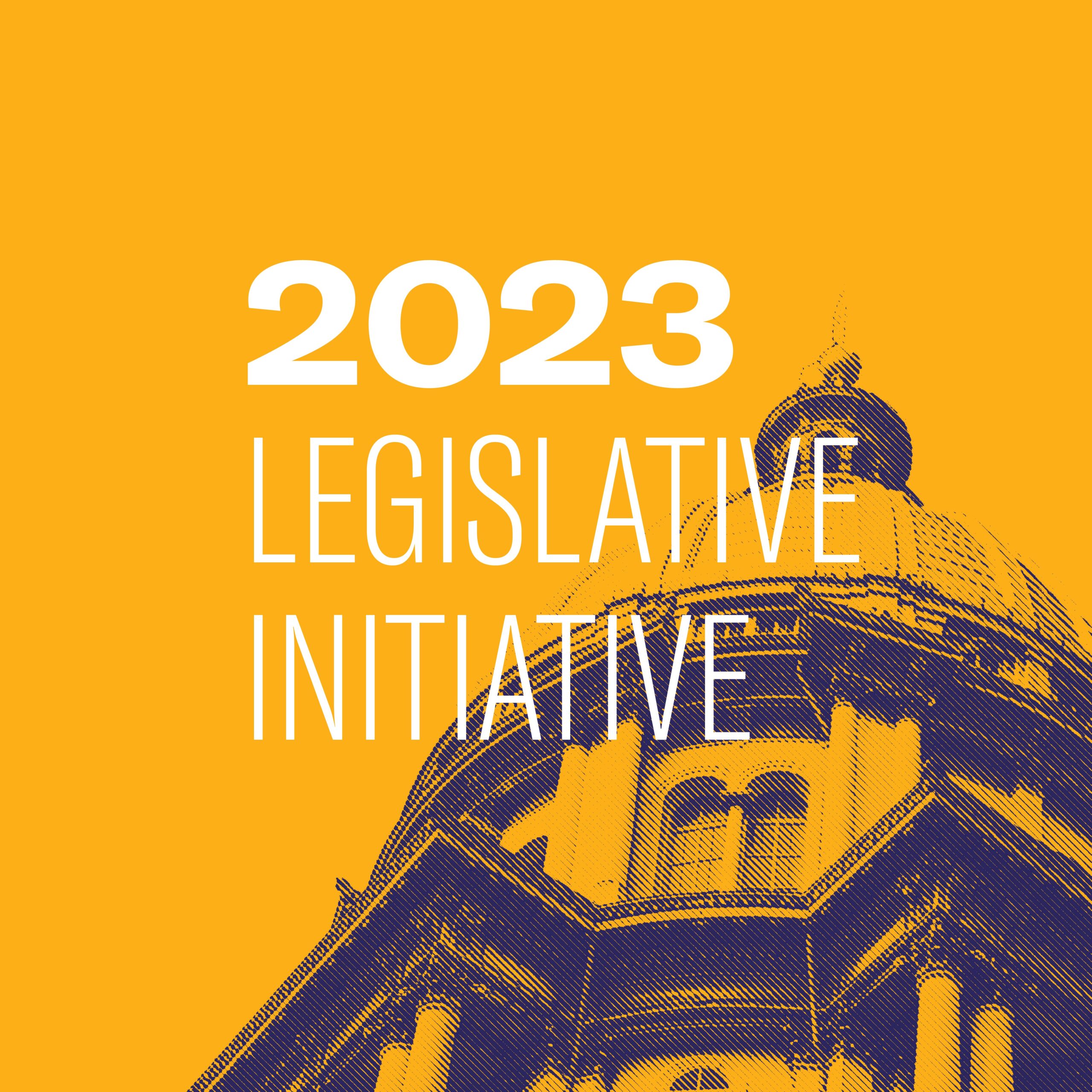HB 4093: Protect Health Data Privacy Act
- Bill Number: HB 4093
- Session: 103rd
- Latest Update: March 14, 2023

Stay Informed
Sign up to be the first to hear about how to take action.
By completing this form, I agree to receive occasional emails per the terms of the ACLU’s privacy statement.
By completing this form, I agree to receive occasional emails per the terms of the ACLU’s privacy statement.

